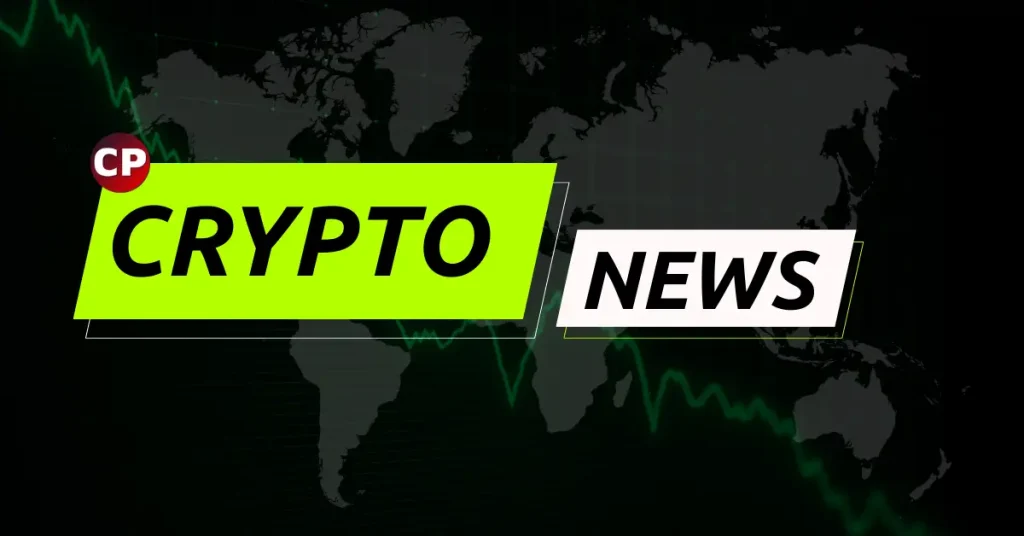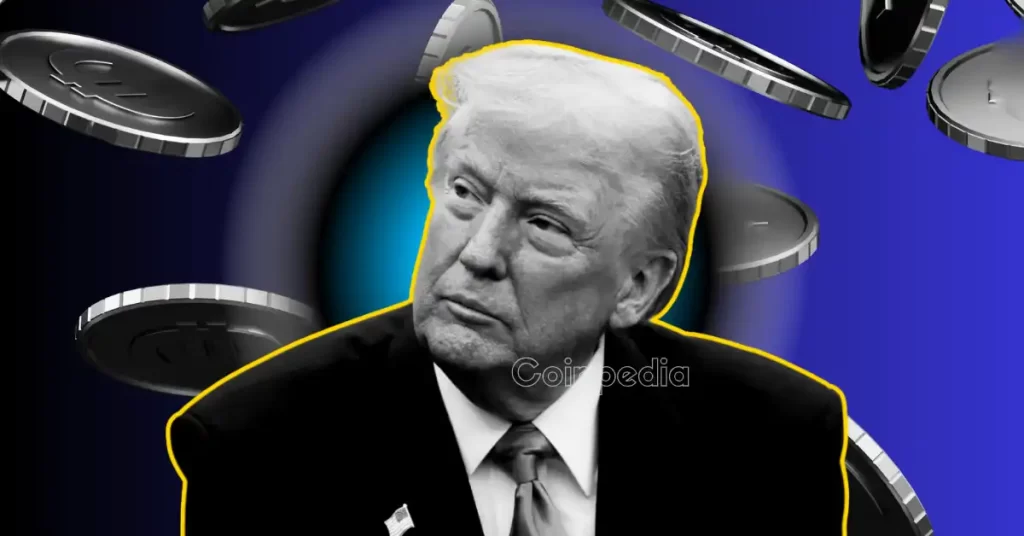TLDR
- Trump claims the US is in dialogue with China while imposing tariffs up to 145% on Chinese imports
- China warns other countries against making deals with the US at Beijing’s expense, threatening countermeasures
- Markets experienced volatility with mixed performance across stock indices and cryptocurrencies
- Bitcoin crossed the $87,000 threshold as investors potentially view it as a safe haven from trade tensions
- The US is reportedly pressuring other nations to restrict trade with China in exchange for tariff exemptions
The trade conflict between the United States and China has intensified as President Donald Trump imposes steep tariffs on Chinese imports and reportedly pressures other nations to choose sides. This development has sent ripples through global financial markets, affecting both traditional equity markets and cryptocurrencies.
President Trump recently stated that China has reached out “a number of times” for dialogue. “Yeah, we’re talking to China,” Trump told reporters from the Oval Office, even hinting at potential direct communication with Chinese President Xi Jinping.
The US has imposed tariffs of up to 145% on Chinese imports, while China has retaliated with 125% taxes on American goods. The Trump administration announced that when combined with existing tariffs, levies on some Chinese products could reach as high as 245%.
Global Impact and Market Response
Markets have responded with uncertainty to the trade tensions. Last week, US indexes showed mixed performance with the S&P 500 rising 0.52%, the Dow Jones Industrial Average falling 0.89%, and the Nasdaq composite slipping 0.44%.
Cryptocurrency markets displayed similar variability. Bitcoin (BTC ($94,701.00)) posted gains and recently broke through the $87,000 threshold, reaching $87,236. Meanwhile, other cryptocurrencies including ETH ($1,806.74), ADA ($0.73), and XRP ($2.22) experienced declines.
Gold prices increased by approximately 3.8% against the US dollar last week, reinforcing its status as a traditional safe haven asset during times of economic uncertainty. This movement suggests investors are seeking protection from potential market volatility.
Trump defends his tariff strategy, claiming on Truth Social that “businessmen who criticize tariffs are bad at business.” He portrays himself as “the greatest friend that American capitalism has ever had” and invokes “the golden rule of negotiating and success: he who has the gold makes the rules.”
Diplomatic Maneuvers and Coalition Building
China has taken a firm stance against countries that might align with the US at China’s expense. A Chinese Commerce Ministry spokesperson warned:
“Appeasement does not bring peace, and compromise does not earn respect.”
Beijing further cautioned that seeking “temporary self-interest at the expense of others — in exchange for so-called exemptions — is like asking a tiger for its skin.” China has pledged to “resolutely take reciprocal countermeasures” against any party making deals that harm Chinese interests.
The Wall Street Journal reported that the Trump administration plans to use tariff negotiations to pressure US trading partners to limit their dealings with China. This strategy allegedly includes asking nations to prevent Chinese companies from setting up operations in their territories to avoid US tariffs.
In response, President Xi Jinping recently visited Vietnam, Malaysia, and Cambodia, signing cooperation agreements and pledging to uphold free and open trade. Chinese officials have also engaged with counterparts in Japan, South Korea, and the European Union.
Trump has temporarily paused tariffs on most nations for 90 days while focusing on China. Many countries are now attempting to renegotiate these levies before the suspension expires. Japan has already begun negotiations, and South Korea is set to start talks this week.
Economic Consequences and Future Outlook
Critics of Trump’s tariffs argue they will increase costs for businesses and consumers, threaten jobs, and reduce wages. They predict the measures could compress the US economy and household incomes.
Trump counters that tariffs protect American jobs, boost domestic manufacturing, strengthen national security, and generate government revenue. He maintains they encourage consumers to purchase US-made goods and reduce dependence on foreign imports.
China has expanded its response beyond traditional tariffs by restricting the number of Hollywood movies shown in the country and returning at least two Boeing jets intended for Chinese airlines to the US. Beijing has also added more American companies to its export control list and unreliable entity list.
Countries caught between the US and China face difficult choices. While some nations may find China’s economic overtures appealing, many remain cautious about being flooded with Chinese goods diverted from US markets due to high tariffs.
Elizabeth Economy from the Hoover Institution at Stanford University noted that countries are not “jumping at the chance to partner with China” despite its outreach efforts. “For many of these countries, even when China is a larger trading partner, the United States is often a much larger export market,” she explained.
The ongoing trade war has disrupted global supply chains and raised recession fears as businesses and governments struggle to navigate the complex and rapidly changing economic landscape. With neither Trump nor Xi showing signs of backing down, market uncertainty is likely to persist.
The post US-China Trade War Intensifies with Tariffs Reaching 145% as Nations Face Pressure appeared first on Blockonomi.



























 24h Most Popular
24h Most Popular








 Utilities
Utilities